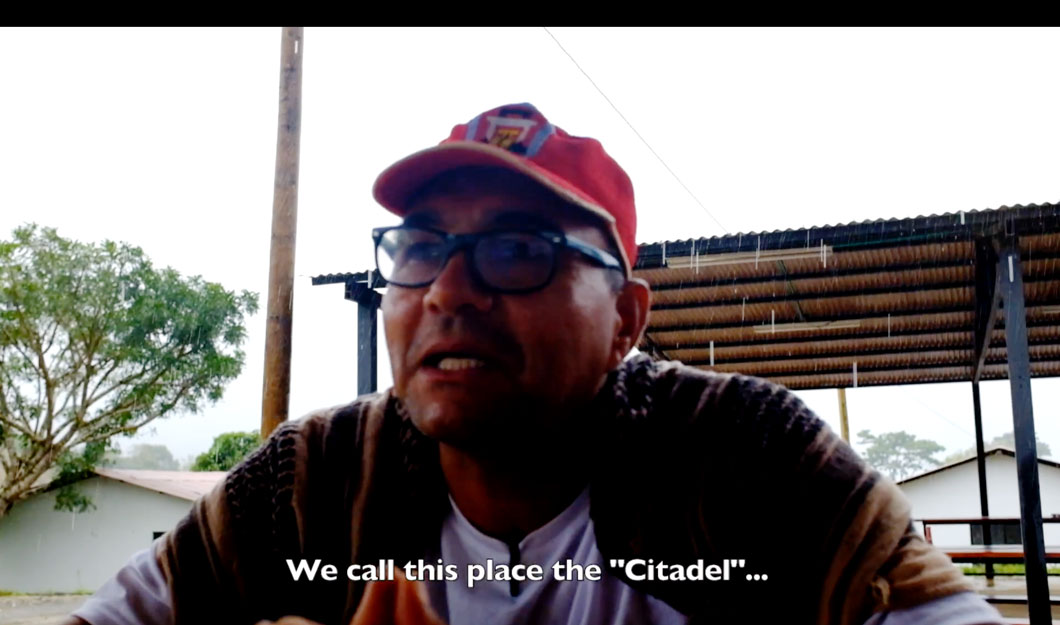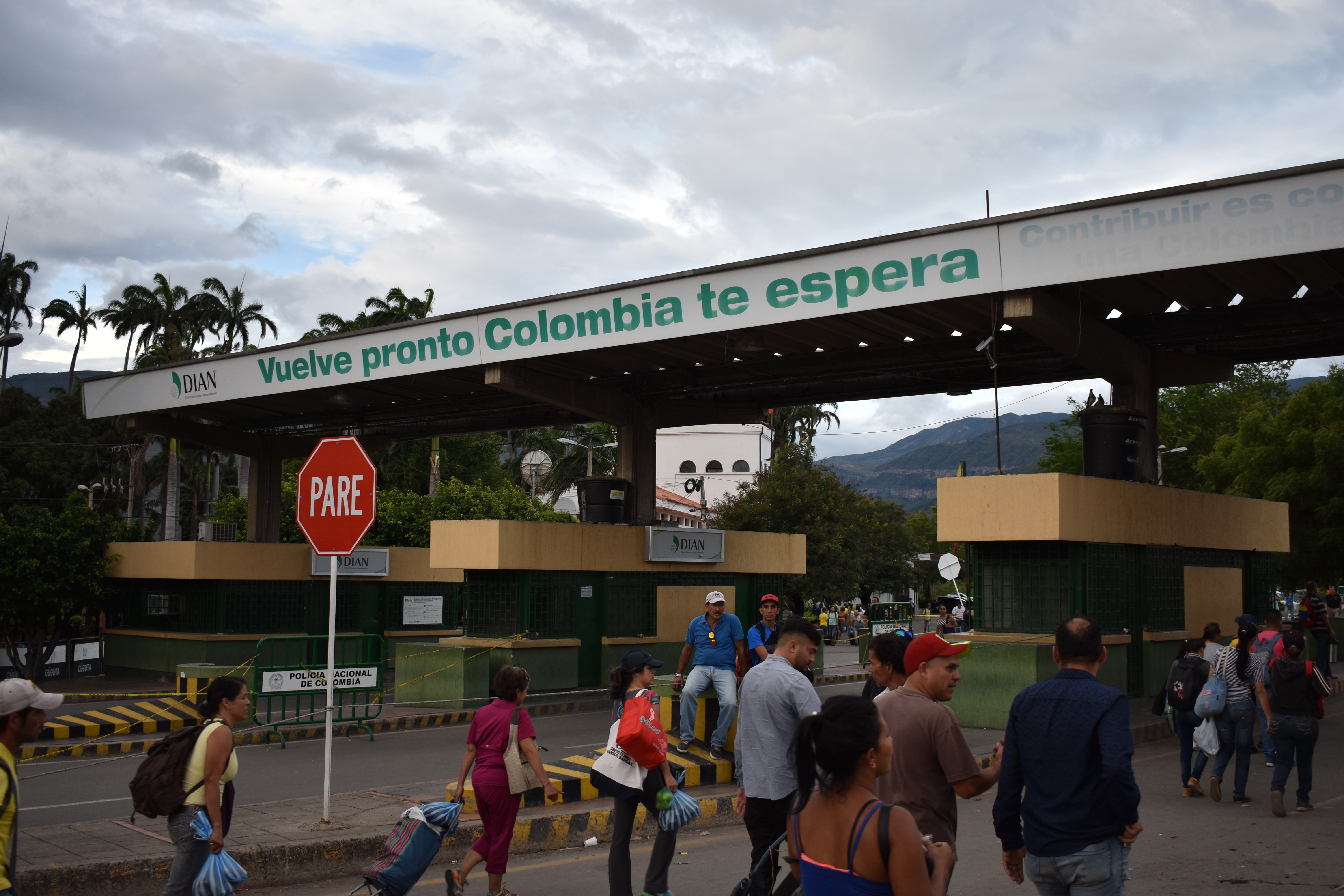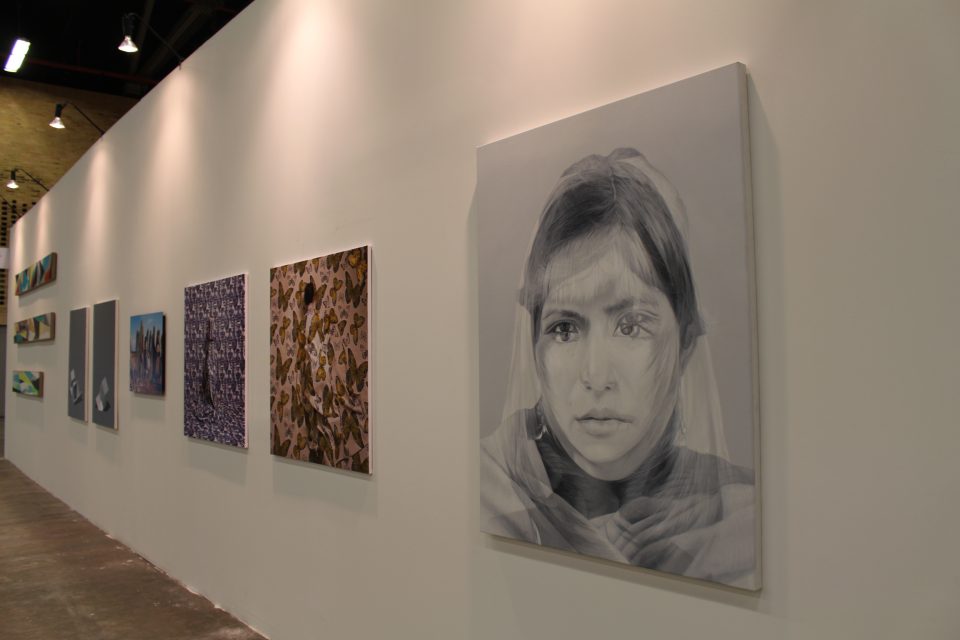
Photo: Steve Hide
While the world looks to the borders, Venezuelans in Colombia’s capital struggle to get by.
Impossible barriers to work permits have left Venezuelan migrants desperate and more vulnerable on Bogotá’s streets, The Bogotá Post heard last week, and left many feeling overlooked as their stricken homeland falls deeper into crisis.
Families selling sweets – some of whom had been in the country for more than two years – were frustrated by the inaccessibility of the PEP permits which would allow them to work and access public services like healthcare and schooling for their children.
Previously the Colombian authorities had acknowledged that Venezuelan passports were unobtainable in the collapsed country and allowed migrants to register for PEPs with just ID cards. But as the numbers of migrants has continued to increase, so the registration process has become increasingly difficult: passports with entry stamps are now required.
It helps that Colombian authorities recently announced that out-of-date passports would be accepted for up to two years after their expiration date, due to the near-impossibility of renewing them. But for the thousands of Venezuelans who simply have no passport, the PEP is now out of reach.
“We might as well fly to the moon as get a passport that costs years of salary back in Venezuela,” said migrant Steven Bolívar, a bricklayer from Caracas who has been in Bogotá for two years. He told us he could earn between COP$10,000 and COP$30,000 a day, just enough to support his family in makeshift accommodation in Colombia’s capital. “Our lives are precarious. We live day to day.”
According to data from Migración Colombia in February, at the end of 2018 there were 1.17 million Venezuelans in Colombia, of whom 225,000 were in Bogotá. Christian Krüger announced the government’s policy of “continuing to extend a hand to the Venezuelan people, to a people that left their country… to flee from a dictatorship.” He also said that legalising migrants was “a benefit for Colombia but also for them, as they can join the social security system.”
But undocumented migrants we talked to were certain the passport rule would push legal status even further away, affecting the estimated 400,000 Venezuelans currently with no permit in Colombia, most of whom have no means to get a passport.
Related: Clashes turn bloody on Venezuelan border crossing
Many, like Steven, “wanted Maduro to go,” and had a future back in his home country, but accepted that “there’s no guarantee that will happen any time soon.”
Meanwhile, what he wanted was “a chance to work,” he said. “The authorities could set up a work census to match jobs to skilled migrants, as this would ease the pressure on Bogotá. We can go where we’re needed in Colombia and contribute.”
Missing the mark
Many acknowledged the hardships also faced by Colombians – and rising unemployment in their host country – but migrants were also puzzled as to why international aid had not trickled down. The majority relied on the generosity of the church and local citizens, said Edellys Machado, one of a close-knit group of Venezuelans on the streets of Bogotá’s industrial zone last week.
“We can get lunch at migrant centres, and cash from everyday Colombians who buy our snacks. From higher up, we get nothing.”
She felt that the international community – including Colombian leaders – were fast to condemn the Maduro regime in Caracas but slow to properly protect migrants in Colombia, some of whom were being forcibly deported back to Venezuela: an “illogical situation” given the crisis there, she said.
While many welcomed last month’s high-profile Aid Live Cúcuta concert, and the attempt to drive aid trucks into Venezuela, others saw it as “a media show.” “We want change in Venezuela. But why not give us the aid here? We’re desperate,” said one.
Related: Humanitarian aid to arrive on the Venezuelan border
These double standards were most evident on Bogotá’s backstreets where, according to Machado, migrants were at times being “treated like animals.”
“The police chase us, insult us, and we run like sheep. Never in my life have I had to flee like a criminal. It’s shameful,” said Machado, who formerly worked at the Hilton Hotel in Caracas.
The lack of legal status was “adding to the harsh conditions for migrants in Bogotá,” confirmed Adriana Pinzón, coordinator of the CATTT – Centro de Acogida de la Terminal de Transporte Terrestre – a church-run centre at Bogotá’s main bus terminal where migrants and displaced Colombians can receive food kits and advice.
“Many children are unable to get a school place because that needs health insurance, which in turn requires a PEP,” she explained.
To stay or to go?
A new shelter run by the city council had benefited some migrants, but “overall the needs are not being met,” said Pinzón. There was a marked increase of families arriving as the situation deteriorated back home, though many were traveling on to Ecuador. Unlike Colombia, Ecuador now requires passports from those crossing the border.
“As their neighbouring country, migrants come first to Colombia. But many now see it as too full, with even fewer opportunities.”
Some migrants who had stayed in Colombia had found hardship here too and some were heading home, she said.
This was the case when The Bogotá Post travelled north last week and witnessed migrants on both sides of the main road, some heading back to Venezuela and other families moving south to Colombia’s capital.
Some were returning out of desperation. “There was nothing for us in Colombia,” said a student from Valencia trying to get a ride back to the border.
But most migrants were still moving south away from Venezuela: next stop, Colombia’s capital. And for the many we talked to on the city’s streets, going home “was not an option” and moving south to Ecuador “too risky” without travel documents. For now, for better or worse, Bogotá is their home.
What is a PEP?
The ‘Permiso Especial de Permanencia’ (PEP) allows migrants to stay in Colombia legally for up to two years. It grants access to vital healthcare, the jobs market and education. The challenge is that applicants need to have a stamped passport to qualify for the permit.
The Tarjeta de Movilidad Fronteriza (TMF), is a temporary permit allowing the bearer to cross into Colombia to buy goods.





